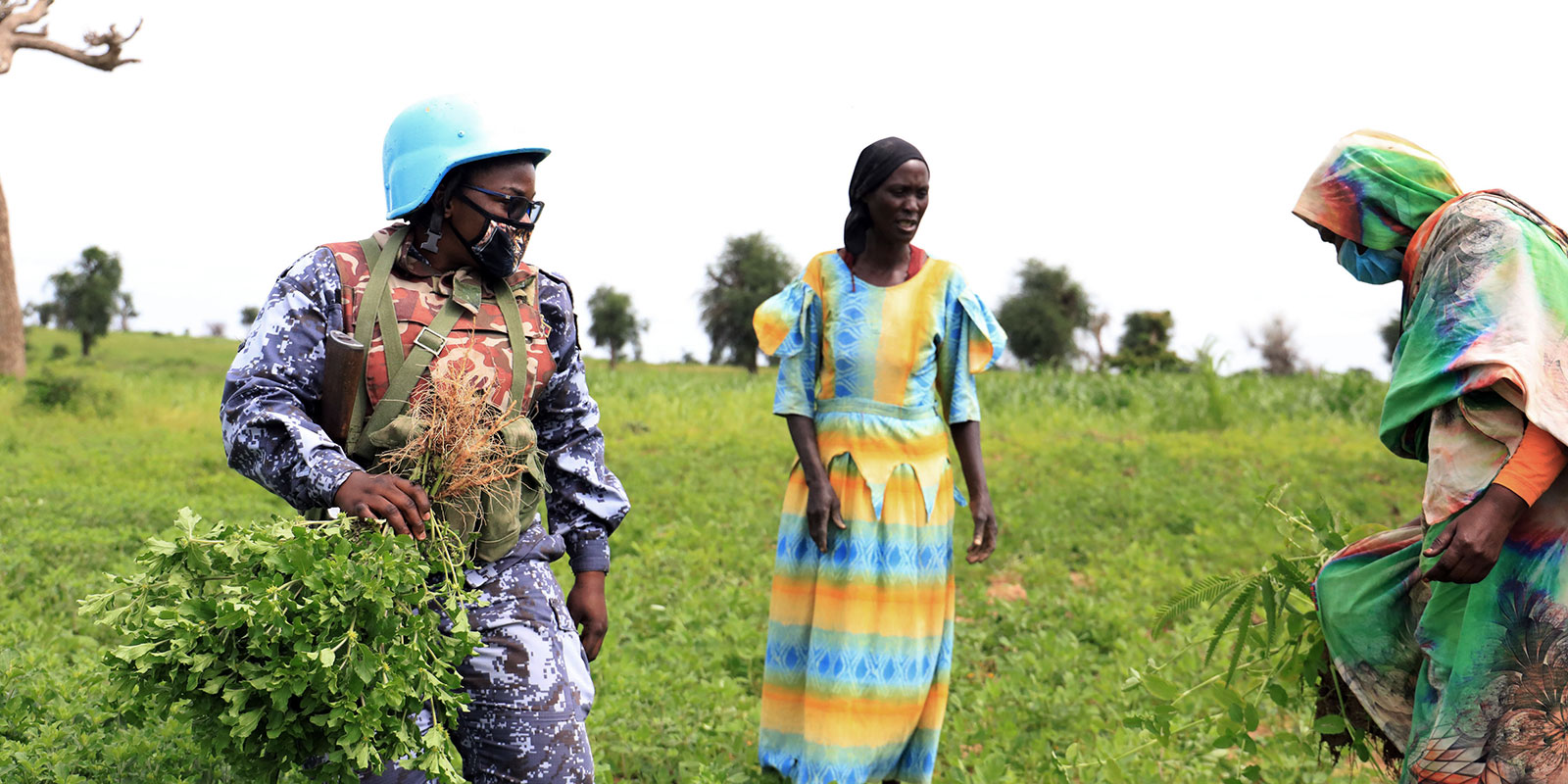In the 60 years since its independence, Mali has suffered four military coups d’état and several armed rebellions. In fact, the most recent coup occurred in August 2020, and the country is currently suffering from several armed insurgencies. The defence and security forces have not been able to safeguard the country’s borders or to protect people and their property from armed groups. The fragility of Mali’s governance is today characterised by its inability to prevent or stop ongoing clashes between ethnic militias and attacks by armed insurgent groups, which have caused several hundred deaths and forcefully displaced thousands of people.
In addition to these security challenges, the Malian government has also not made sufficient progress with the implementation of the Algiers Peace and Reconciliation Agreement, nor has it implemented the recommendations of the 2019 inclusive national dialogue. There is also a serious absence of the state and its services in most towns and rural areas in the centre and north of the country, and its response to COVID-19 has been weak.
Despite these governance challenges facing Mali, the government has committed itself – through the ratification and adoption of conventions, international resolutions, national policies and strategies – to the development of young people. Policies and programmes developed by Mali include, for example:
- the Youth Development Framework Policy, accompanied by an action plan;
- the national policy on citizenship and civics, with a view to help anchor Malians in their positive values and practices and to promote their openness to the universal ideal; and
- the national volunteer programme, to diversify the country’s economic, social and cultural development strategies.
It also re-established the National Youth Service, which is dedicated to the improvement of the education, physical, civic and vocational training of young people to enable their full and effective participation in the economic, social and cultural development of the country and their mobilisation for the needs of national defence.
However, none of these policies and initiatives really touch on the specific needs of young women – most of the policies and initiatives that are gendered address the needs of adult women. There is a need to also make these policies and programmes responsive to the needs of young women, who aspire to – and have the right to – a political, governance and social environment that respects their sexual and reproductive rights (protection from early and forced marriages, unwanted pregnancies, sexually transmitted diseases, sexual harassment, etc.), their rights to education (to go to school and be able to continue their education), and their rights to autonomy (to be able to make and take decisions freely, to have the capacity to act on their behalf according to their own ideas without any influence, etc.).
Nana Alassane Toure is a development policy and practice specialist and a consultant on gender, governance, human rights, peace and security. She tweets at @NanaToure17.

